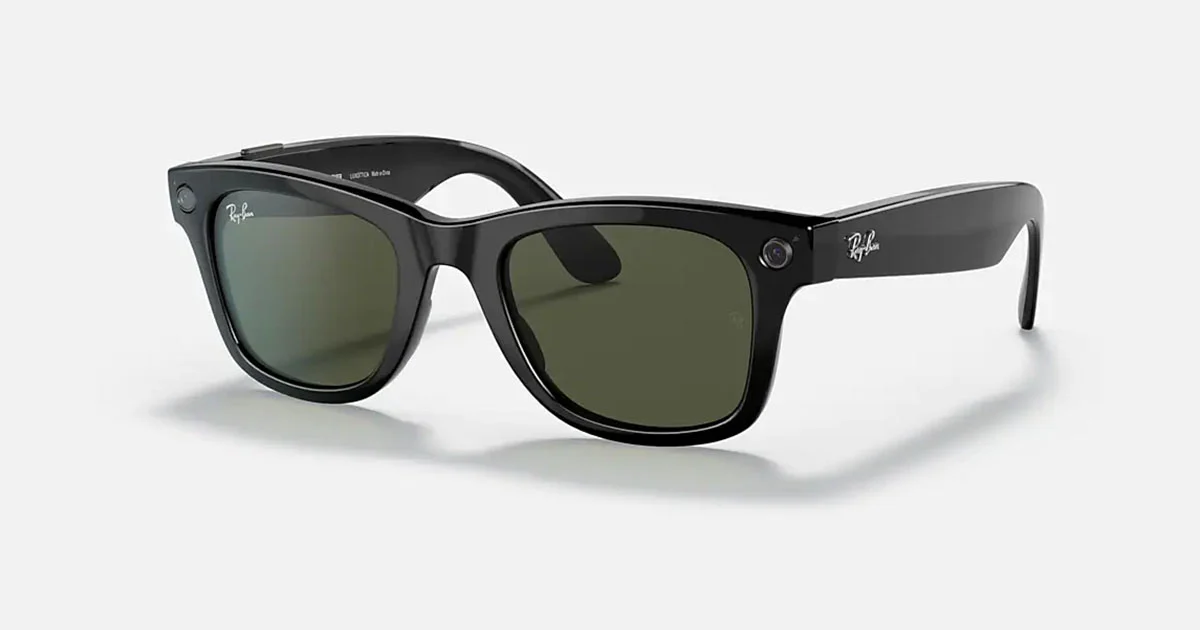At Meta’s recent Connect conference, the company highlighted its push toward a future where cameras are embedded in everyday wearable devices. A prominent example was the Ray-Ban Meta smart glasses, alongside the new Quest 3S VR headset and the prototype Orion AR glasses. These devices represent Meta’s vision of a world where technology is seamlessly integrated into our daily lives.
On Meta’s Menlo Park campus, the Ray-Ban smart glasses were already prevalent, signaling the company’s ambition to make these camera-equipped devices as common as smartphones. Although the glasses aren’t fully augmented reality (AR) yet, they are gradually improving with artificial intelligence (AI) features.
However, the growing presence of cameras in everyday wearables raises concerns about privacy. The Ray-Ban glasses, with their distinctive camera cutouts, made the author feel self-conscious as they noticed how many people wore them on Meta’s campus.
Even with an indicator light to show when the glasses were recording, the possibility of being filmed caused discomfort during conversations. This subtle tension underscored the potential social impacts of living in a world where recording devices could be everywhere.
The author’s feelings shifted once they personally tried the smart glasses. With the device on their face, the focus moved away from concerns about being filmed to the ease of capturing moments themselves. The ability to take pictures or record videos at eye level with a simple button press was an appealing feature.

Without the hassle of pulling out a smartphone, capturing moments became more spontaneous, which could transform how we share personal experiences. Yet, this convenience also raised questions about its long-term effects on privacy and societal norms.
The rise of camera phones changed the way people document their surroundings, enabling anyone to capture significant moments or record mundane events. Meta’s smart glasses take this a step further by removing the physical barrier of pulling out a phone.
While this might be useful for capturing candid family moments, it also increases the potential for misuse. People could be unknowingly recorded and exposed online, and as facial recognition technology improves, the risks associated with this type of recording increase significantly.
Additionally, integrating cameras into glasses that some people rely on for vision presents another challenge. Users with prescription glasses may face awkward situations when their camera-equipped glasses are worn in inappropriate settings, such as bathrooms.
Currently, the Ray-Ban Meta glasses are mostly sunglasses, but Meta aims to market them with clear and transition lenses, which could make them an everyday accessory. This creates potential issues with where and when it’s appropriate to wear them.
While Meta’s smart glasses offer impressive features, it remains uncertain whether they will gain widespread popularity. The prevalence of the glasses on Meta’s campus doesn’t necessarily reflect the interests of the broader consumer market.
Camera glasses have been attempted before, like Snap Spectacles in 2016, but Meta’s iteration seems to be the most serious attempt yet at mainstream adoption. Although the glasses are fun and convenient, the concerns surrounding privacy and constant surveillance may hinder their acceptance beyond Meta’s own ecosystem.







Leave a Reply